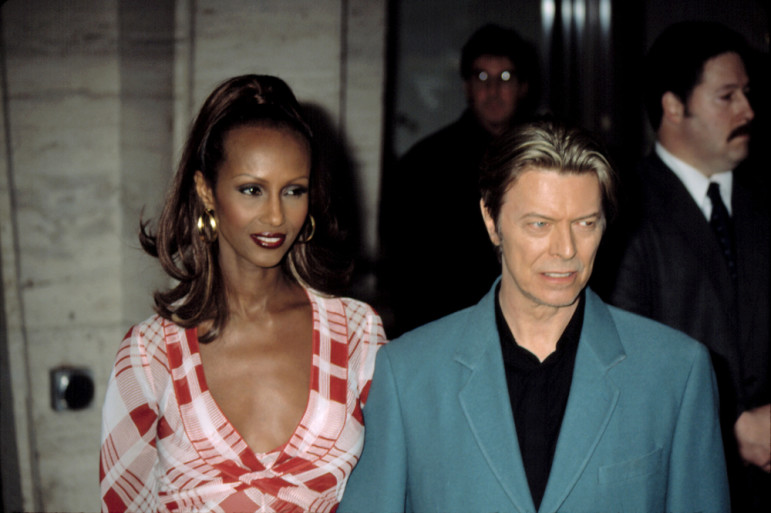
January 11, 2016; Forbes
British music icon David Bowie passed away this week at age 69, and the news is rocking the globe, leading to large public gatherings to honor his legacy as a musician. Although David Bowie was known for his huge influence in pop and rock music over the last four decades, the notorious rock star also had a long philanthropic commitment to raising awareness for HIV/AIDS research and famine in Africa.
Bowie and his wife, Iman Abdulmajid, supported the Keep A Child Alive Foundation, and Iman served as global ambassador for the foundation’s I Am African campaign, an initiative raising awareness that each of us carries DNA from ancestral origins in Africa. In fact, Bowie’s very last performance was in 2006 at the Keep a Child Alive Foundation’s Black Ball gala.
Sign up for our free newsletters
Subscribe to NPQ's newsletters to have our top stories delivered directly to your inbox.
By signing up, you agree to our privacy policy and terms of use, and to receive messages from NPQ and our partners.
In 1984, Bowie was involved, along with a collection of rock stars, in the British Christmas single “Do They Know It’s Christmas?” which launched a campaign against famine in Africa with proceeds going to feed the hungry in Ethiopia. Bowie also headlined the 1985 concert series Live Aid, which continued efforts to bring attention to Africa’s catastrophic famine epidemic. In the late 1990s, Bowie and Iman participated in the 7th on Sale fundraising event, which benefited research into HIV/AIDS. The couple continued to serve as donors, endorsing foundations that conducted research into the HIV epidemic throughout the 90s and onward.
Despite a career marked by controversy, David Bowie did express activism toward racial equality through music and public statements. The album Tin Machine took a more direct stance against fascism and Neo-Nazism. Bowie described his music videos for “China Girl” and “Let’s Dance” as direct statements against racism, and in an interview with MTV in 1983, Bowie was very outspoken and critical of the network for its lack of coverage of black musicians.
Lastly, when the news spread that David Bowie’s death came at the end of an eighteen-month struggle with cancer, the independent record store Rough Trade also announced that all of January’s proceeds from Bowie’s Blackstar record, released on his 69th birthday, would be donated to Cancer Research UK.—Aine Creedon











